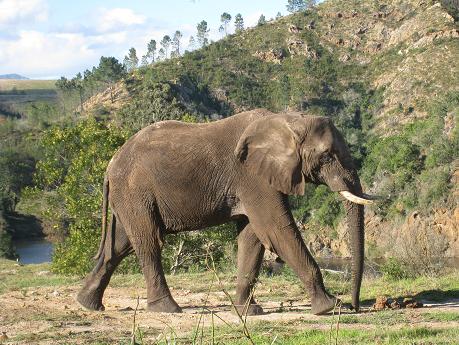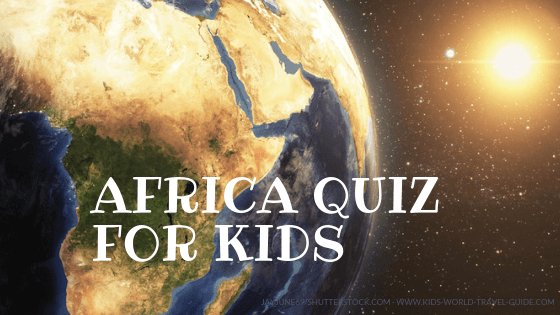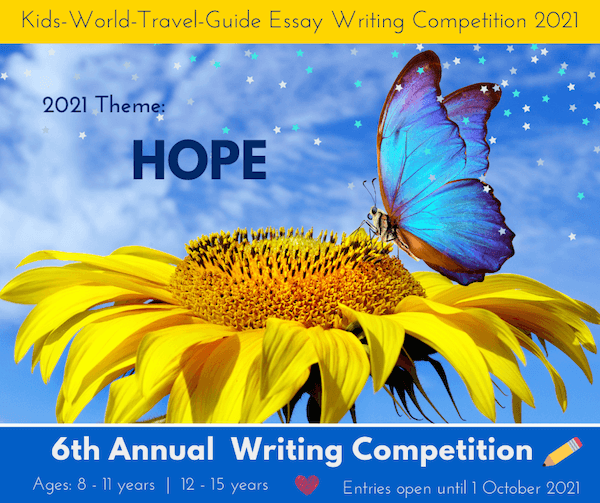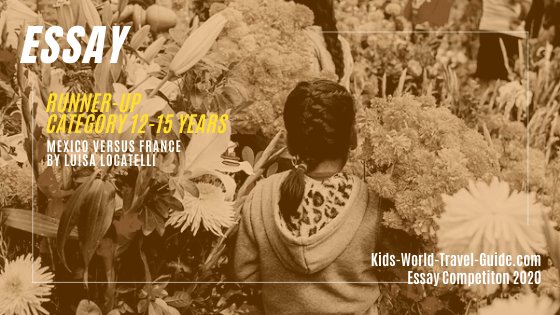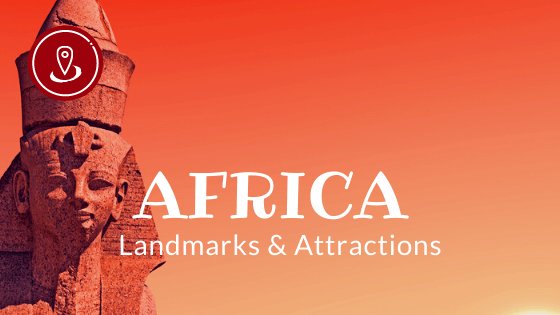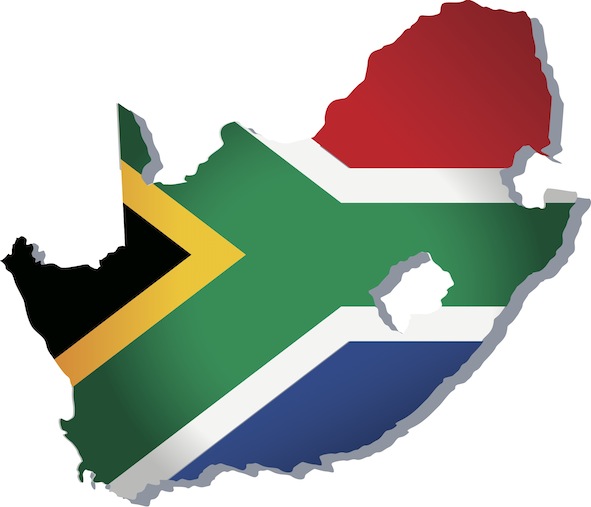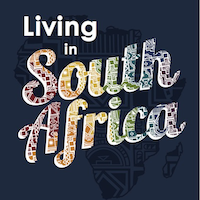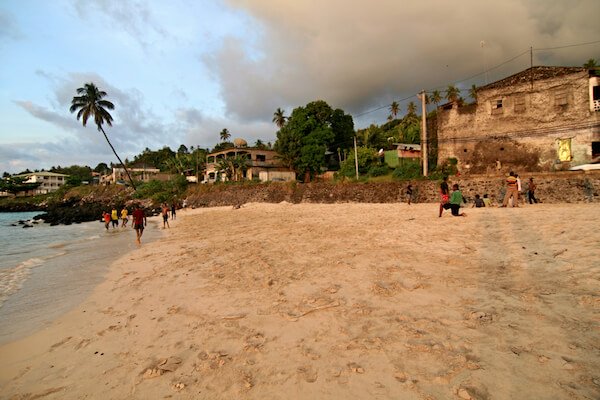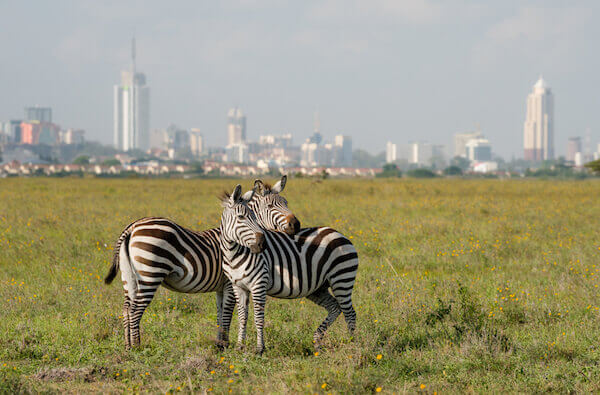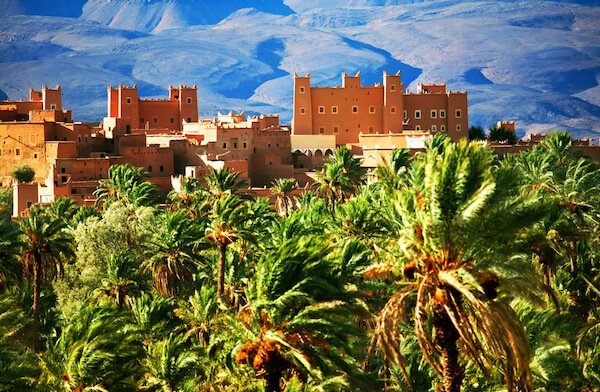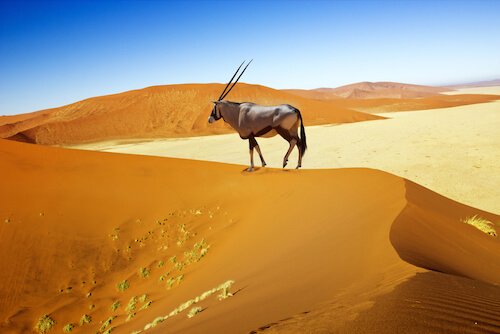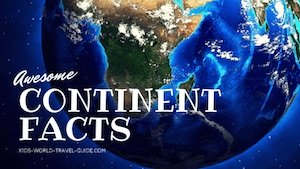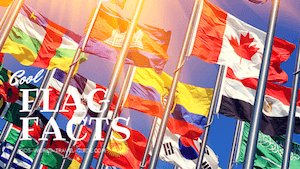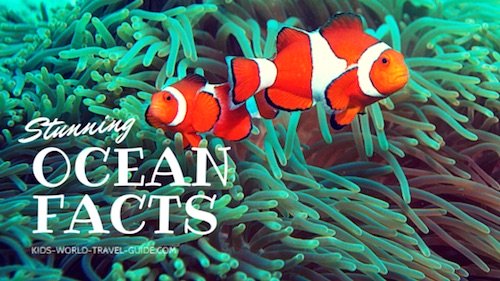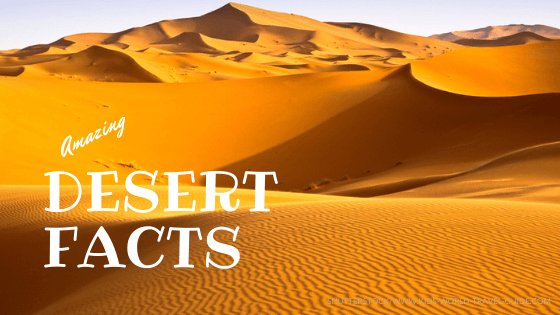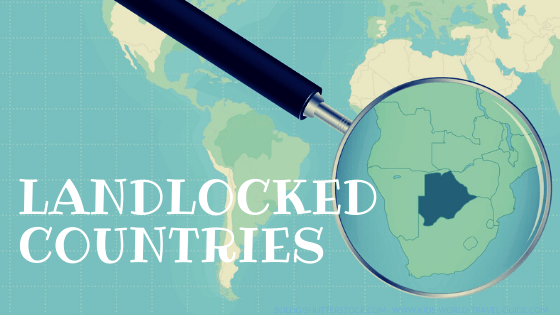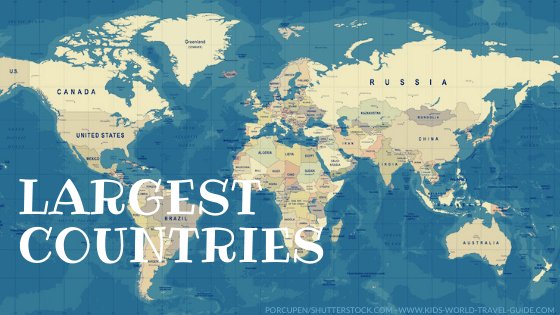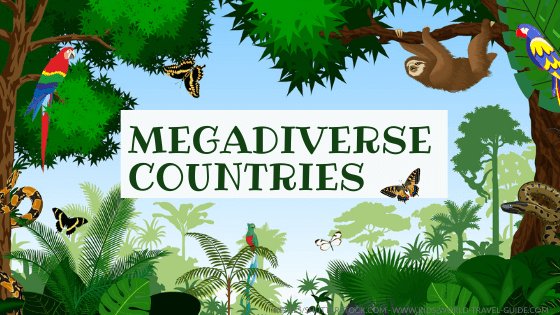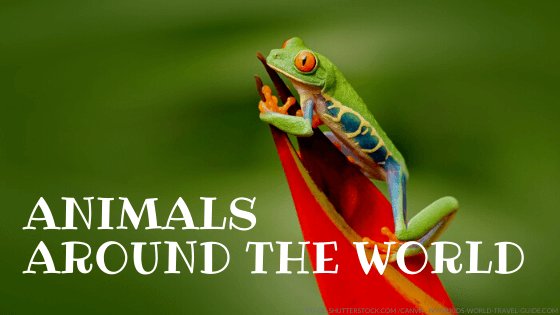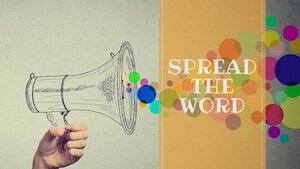- Homepage
- South Africa
- South Africa Languages
Languages in South africa
On this page, we will tell you about languages in South Africa and which ones are the most spoken languages in this country.
You'll find info on which are the official languages and which are the most popular home languages and what people will say when they great you and teach you some real South Africa slang words. Enjoy!
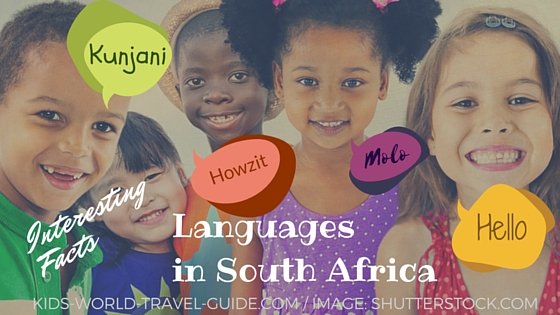
South African greetings
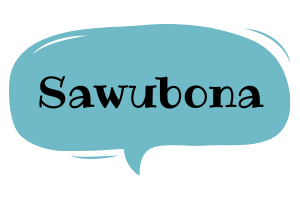 |
'Sawubona' from the Zulu language is the greeting that is most commonly used and understood as a 'Hello' |
|
'Kunjani' is often used also as 'hello' by the Zulu and Xhosa people. |
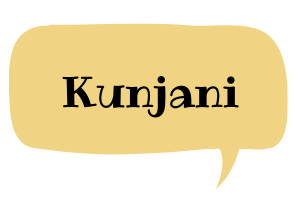 |
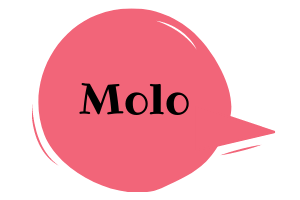 |
'Molo' is the traditional 'hello' in the isiXhosa language. This greeting is used when addressing only one person, when you want to greet more than one person, say: 'Molweni' |
|
'Howzit' is used by all South Africans for saying 'hello'. The word stems from "How is it (going?)". |
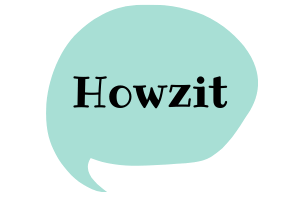 |
Languages in South Africa
Here are the five most important facts about Languages in South Africa:
- There are 11 official languages in South Africa! These are: English, Afrikaans, isiZulu, isiXhosa, isiNdebele, Sepedi, Sesotho, Setswana, siSwati, Tshivenda, Xitsonga
- Zulu is the most commonly spoken home language. It is spoken by almost 1 in 4 South Africans. The other most common home languages are isiXhosa (16%), Afrikaaans (13.5%) and Sesotho sa Leboa (7.6%).
- English is only the home language for 1 out of 10 people living in South Africa! Even if English is not the first language for most people in South Africa, English is taught in most schools as first language and thus is understood and spoken by most people. English is used in offices, businesses, shops and as written language on street signs as well as in print magazines, newspapers and books.
- Afrikaans is the second most spoken and taught language and used by many people in South Africa in daily life. Did you know that Afrikaans is officially the youngest language in the world? The language which is a mix of Dutch, English, Malay, Portuguese, German and African words has only developed about 300 years ago and was only recognised as an official language 90 years ago!
- Children grow up speaking at least three languages in South Africa. English and Afrikaans are spoken and taught in schools as first and second languages and then there are the many home languages the children learn in the streets or some schools also teach foreign languages. By the way, Mandarin (Chinese) was introduced into the South African school curriculum in 2016 and is taught at some schools.
- The South African English does sound slightly different to the English you might know from English speaking countries such as the UK, the USA or Australia. The South African vocabulary is also a bit different as the South African slang is mixed with the many other languages that are spoken in the country
Typical South African words
Here are some typical South African terms:
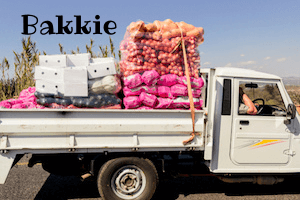
|
A bakkie is a pick-up truck, utility truck or light delivery truck. It is often used as transport for goods and for passenger transport too. |
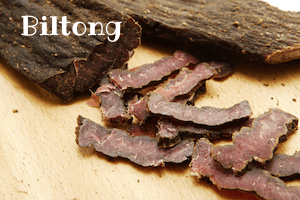
|
Biltong is a typical South African meat snack is similar to beef jerky, however it tastes different and is made from beef and game meat such as kudu and springbok. |
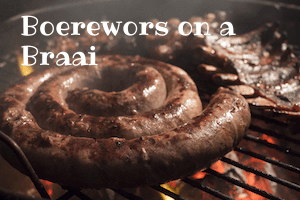
|
A braai is the South Africans version of a barbecue or BBQ. South Africans grill boerewors (sausages), game, chicken or beef steaks or fish. |
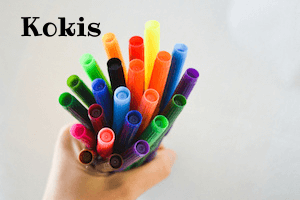
|
Kokis are an essential item on any school stationary list. This is how colour and felt pens are referred to in South Africa. |
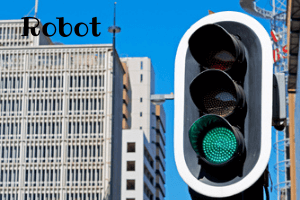
|
In South Africa, a robot is a traffic light at an intersection. You might also see written signs such as 'Robots ahead' referring to the next set of traffic lights! |
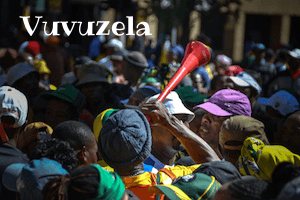
|
The plastic trumpet called vuvuzela produces deafening sounds that can reach up to 130 db which is as loud as a chainsaw or a marching band with 200 members playing a variety of instruments! |
South African Slang
Impress your friends, family and teacher with the popular South African slang words or try out the following expressions.
- When you hurt yourself, you say: 'Eina'
- When you are not sure what to answer, simply use: 'Ja nee' (actually this means 'yes-no':-)
- When you want to express disbelief, you say: 'Eish'
- When you do not know a thing's name, you say: 'hmmm...you know that dinges'
- When you hear about something sad or unbelievable, you say: 'Shame!'
- When you want to state how nice something is, say: 'This is lekker!' And anything can be called 'lekker' (from Afrikaans 'tasty'), not only yummy tasting food, but a nice car, beautiful dress, funny story, chat with friends...
Find a long list of typical South African slang words here
Popular Pages
Join our new competition
Competition 2020 Essays
Image Credits on page: Languages in South Africa: Shutterstock.com and own images

